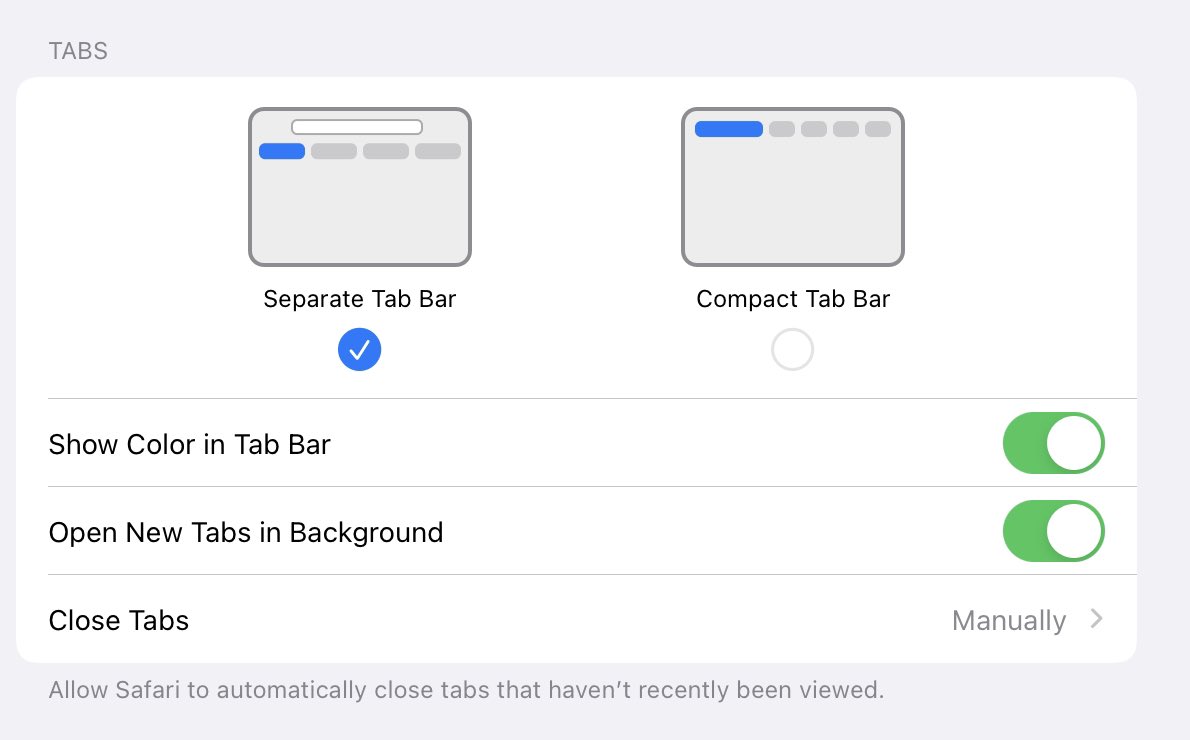
"A predominantly remote future will challenge the need for layer upon layer of bureaucracy in American work by rejecting the assumption that 'management' is the only way to grow" @edzitron theatlantic.com/ideas/archive/… // Don't agree w/generalized view of "manager bad"...thoughts 1/
2/ Company structure is not a law of nature. Rather it is a product of strategy (intentional or not). The past 100 years have seen different waves of structure from chaotic, centralized, scale, conglomerate, re-engineered, and more. Every one of those had bad managers. A truism: 

3/ The pandemic has shown that at a fundamental level what companies should revisit is not "how many managers" or "remote work" but what does a modern product/service execution strategy look like?
IMO, that will drive "the great restructuring" that will happen.
IMO, that will drive "the great restructuring" that will happen.
4/ So much of what drove the modern structure described in this article (management hierarchy) is rooted in a post-War era as mentioned previously. The constraints in fighting two fronts, managing resources, etc. no longer exist. Getting information isn't the challenge it was.
5/ As software rose in importance the only strategy that made sense for a company relying on software was a highly centralized "headquarters" strategy *because* software was the limiting factor and itself was highly centralized (eg mainframes).
6/ The base case of centralization was IBM itself. An incredibly HQ-tilted company with a massively coordinated and centralized strategy. And their success led to an industry and economy that emulated that structure. Their products/services only worked in a highly central way.
7/ Companies continued to operate in this model even as software and information became more readily available and distributed.
Strategies were densely connected graphs across the company. Everything related to everything.
Strategies were densely connected graphs across the company. Everything related to everything.
8/ Frustrating economists was a lack of visible "productivity". My view is that because the empowerment that came from PCs was held back by the still centralized "back office".
9/ The pandemic accelerated a huge number of trends but most of all it freed companies to operate in a much less centralized manner. Not just "avoid bad managers" but work without the "net" of everything gated by centralized IT.
10/ Whether it was solving logistics, txns, hiring, comm/collab, etc.. smaller teams could tap into SaaS/cloud s/w to help get jobs done.
What used to be thousands of slow to change *internal* s/w projects or multi-year vendor purchases became clicks and action...overnight.
What used to be thousands of slow to change *internal* s/w projects or multi-year vendor purchases became clicks and action...overnight.
11/ Now comes the realization that as much as there is value in centralization for many things, there's an reality that innovation can come without a deeply integrated strategy.
12/ Just as the conglomerate once seemed like a great idea, the idea of every part of every company being deeply connected can be viewed as much less key than it used to be. The economies of scale that came from HQ-driven strategies aren't what they used to be b/c of software.
13/ This is what leads to a different view of management and structure. If a strategy is not interconnected then a BigCo does not need the "glue" that binds things together and makes them "coherent". That's the middle management.
14/ So this isn't about hating on bad managers. It is about knowing when a structure is required vs. when it is not. Form follows function for sure.
Don't just fire a bunch of managers because they are annoying or bad or overhead. But consider the strategy being executed. // END
Don't just fire a bunch of managers because they are annoying or bad or overhead. But consider the strategy being executed. // END
• • •
Missing some Tweet in this thread? You can try to
force a refresh











